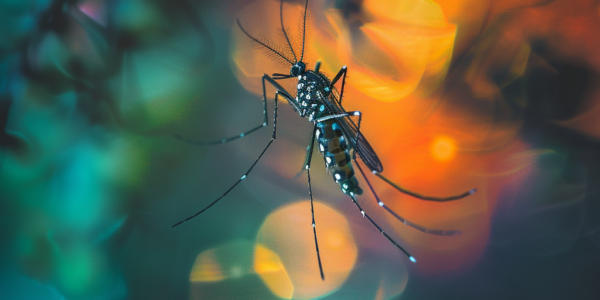Ancient Plasmodium Genomes Shed Light on History of Human Malaria
Ancient Plasmodium genomes shed new light on the history of human malaria, revealing insights into the origins and spread of the disease. The study utilized high-coverage ancient genome-wide data spanning 5,500 years, showing early presence of P. vivax and P. falciparum in Eurasia. European colonizers likely brought P. vivax to the Americas, while the slave trade introduced P. falciparum. Surprisingly, P. falciparum was found in the high-altitude Himalayas, challenging previous assumptions. This research paves the way for palaeo-epidemiological studies, offering valuable insights into the historical impact of Plasmodium parasites.
New Hope for Treating Visceral Leishmaniasis
Discover the latest breakthrough in the fight against visceral leishmaniasis, a deadly infectious disease affecting millions worldwide. Professor Simona Stäger and her team have uncovered a new immune mechanism that could lead to a novel therapeutic strategy. Learn more about this groundbreaking research and its potential impact on treating this life-threatening illness.
Rise in Dengue Fever Cases in Arab Nations
Global cases of dengue fever are on the rise in Arab nations, with the Middle East and North Africa region witnessing an 88% increase in cases from 1990 to 2019. Healthcare professionals in Dubai are noting a surge in local cases, with experts attributing the unusual emergence of the Aedes aegypti mosquito to changing weather patterns or climate change.



